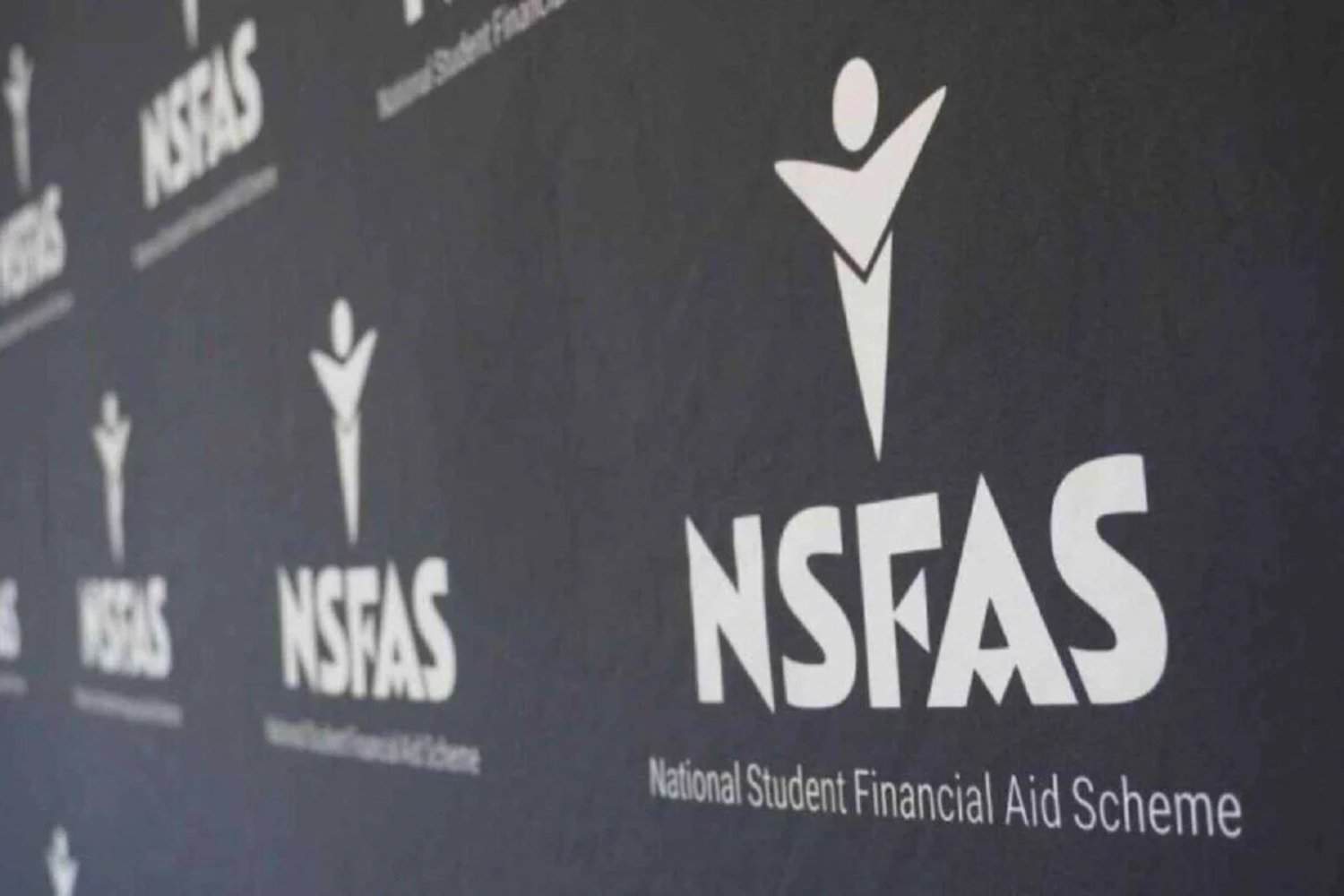The board has approved 'the terms of reference for six priority projects to be undertaken to strengthen Nsfas and ensure it is future-ready.'

The National Student Financial Aid Scheme (Nsfas) has unveiled six priority projects aimed at stabilising the organisation and ensuring the sustainability of student funding in South Africa.
The announcement was made by Nsfas board chairperson Dr Karen Stander during a media briefing in Pretoria on Wednesday.
Six projects to drive recovery
According to Stander, the board has approved “the terms of reference for six priority projects to be undertaken to strengthen Nsfas and ensure it is future-ready.” These projects include:
- Organisational design and realignment
- Loan management strategy
- Sustainable funding framework
- Transitional framework for student accommodation
- ICT assessment and digital transformation strategy
- Revised business operating model
“These initiatives are critical to moving Nsfas from instability to an institution that is vibrant, effective, and future-ready,” she said.
Addressing governance and sustainability
The Nsfas board, appointed in February this year, inherited what Stander described as an organisation plagued by financial mismanagement, weak governance, and a lack of sustainable funding.
“We inherited an organisation facing significant challenges, including a collapse in financial and supply chain governance, compounded by the absence of a sustainable funding model,” she explained.
ALSO READ: First female internationally trained adult epileptologist in SA honoured during Women’s Month
The six projects are expected to address these weaknesses while modernising the entity’s systems. Stander emphasised the importance of sustainability, warning that Nsfas must balance supporting current students while safeguarding opportunities for future generations.
“Our mission is not only to fund students today but to ensure that the children of tomorrow also have access to the same opportunities. Sustainability requires difficult decisions,” she said.
ICT overhaul and student accommodation
Among the key interventions is an overhaul of Nsfas’ ICT systems, which Stander admitted are “misaligned with business requirements and expose severe cybersecurity risks.”
The board has also prioritised the creation of a transitional framework for student accommodation.
This follows ongoing concerns about irregularities in pilot projects and delayed payments to landlords.
ALSO READ: Ghost workers probe ‘could save billions’
Nsfas is reviewing all aspects of its accommodation function, including accreditation, procurement, and contracts.
Stander said the new approach will “ensure that the student accommodation function is appropriately managed with strong governance and internal controls.”
A commitment to students
Stander reassured students that despite the funding shortfall of more than R10 billion this year, the scheme remains committed to supporting those most in need.
“We must face the truth: the root cause lies in a funding model that promised more than the resources available. That is why the board has approved new institutional policies to govern eligibility and financial aid fairly,” she noted.
She concluded by stressing that the reforms are not only administrative but moral.
“Education is not a narrow transaction – it is a public good, a private good, and a personal good.
“Our responsibility is to show society a return on its investment: graduates who uplift their families, strengthen the economy, and contribute to the democratic project.”
NOW READ: Private sector sees massive profits while over 70% of children attend no-fee schools






